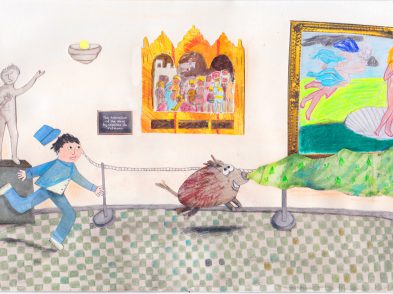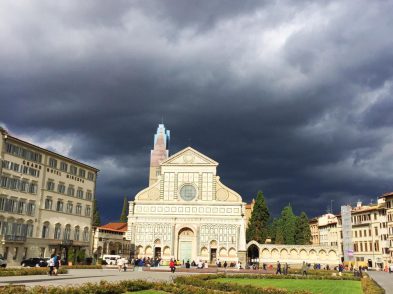Most mornings on my way from the station, I walk past a man sitting on the ground by the side entrance to the basilica of Santa Maria Novella. The handwritten sign in front of him reads: È meglio che rubare (it’s better than stealing). At The Florentine, we have always observed the city. We do so carefully and with an affectionate gaze, which means that we cannot look away when we notice a growing number of people in unfortunate circumstances who are begging on the streets, sleeping in the square or by the station, or who stumble around, causing unease. In this article, we strive to understand if our perception is real, as well as the causes behind this perceived rise in homelessness in Florence.
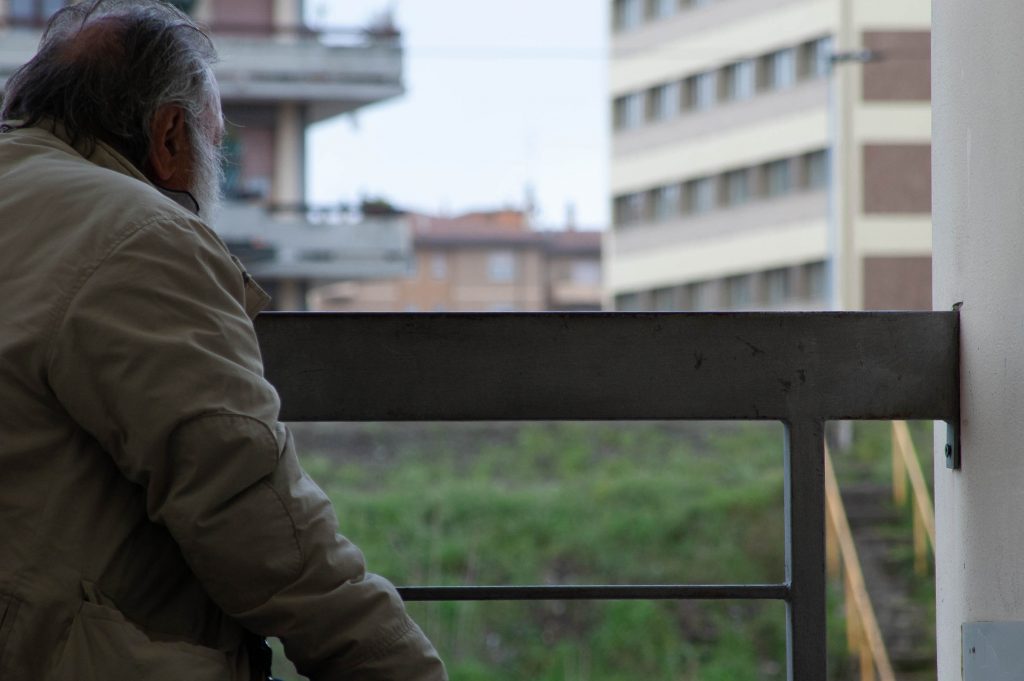
Three main causes lie behind the growing phenomenon, says a representative from the charity Caritas. Firstly, some swathes of society in Florence have always been marginalized, as in any major city. The institutions are aware of these groups who form a fixed component in terms of homeless numbers. The current rise is due to Covid and immigration. The pandemic dealt a serious blow to persons who were already living on the edge, unable to pay their rent and bills. Covid was the final straw for these individuals, depriving them of their homes and the means to support themselves. Immigration is the other factor that has exacerbated the phenomenon of homelessness in Florence. Many migrants fall outside of official reception projects, meaning that they end up on the margins of society.
Caritas is on the frontline. The official association for the diocese coordinates campaigns that help the poor who live in isolation, the disadvantaged, the marginalized, inmates, the sick and victims of exploitation. At the moment, Caritas is working with the city council on the soup kitchen in via Baracca, additional soup kitchens around town and street-based assistance.
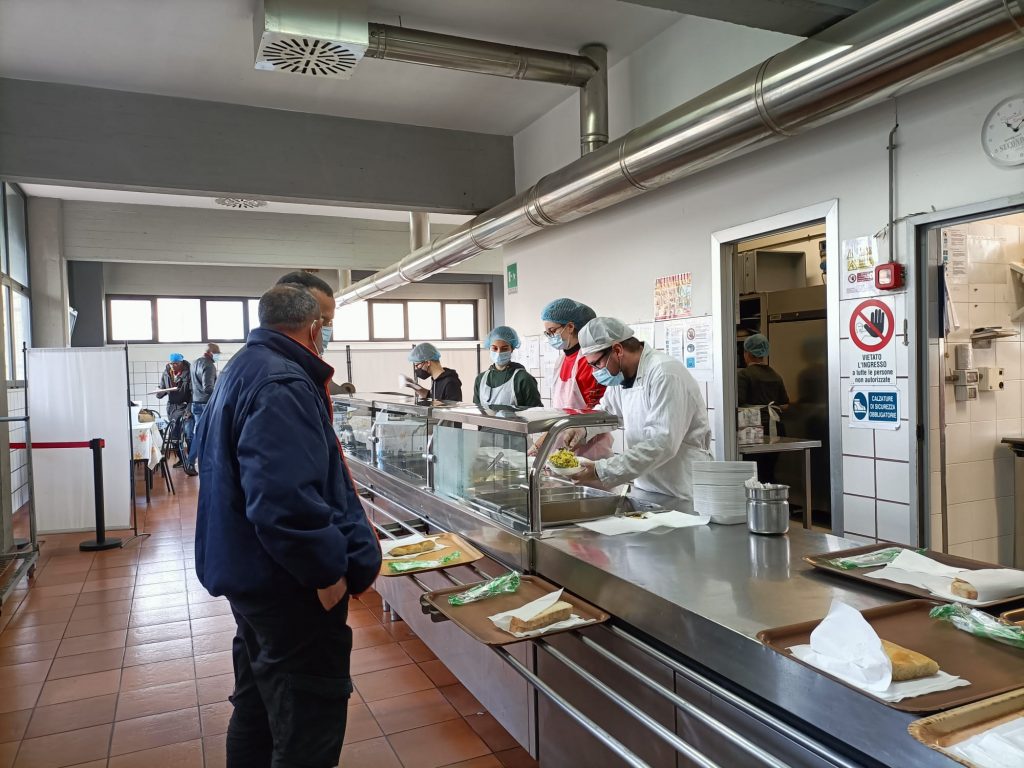
The soup kitchen in via Baracca serves approximately 400 meals every day and another 1,000 takeaway meals. There are 80 seats at the meal centre, but many meals are packaged up and sent out to the other soup kitchens around Florence who feed people helped by social services. The other eight meal centres, each of which serves lunch to around 200 people every day, are managed by the Caritas Foundation, with the support of some parishes. The aim is not only to provide a hot meal, but also to encourage social interaction between the disadvantaged.
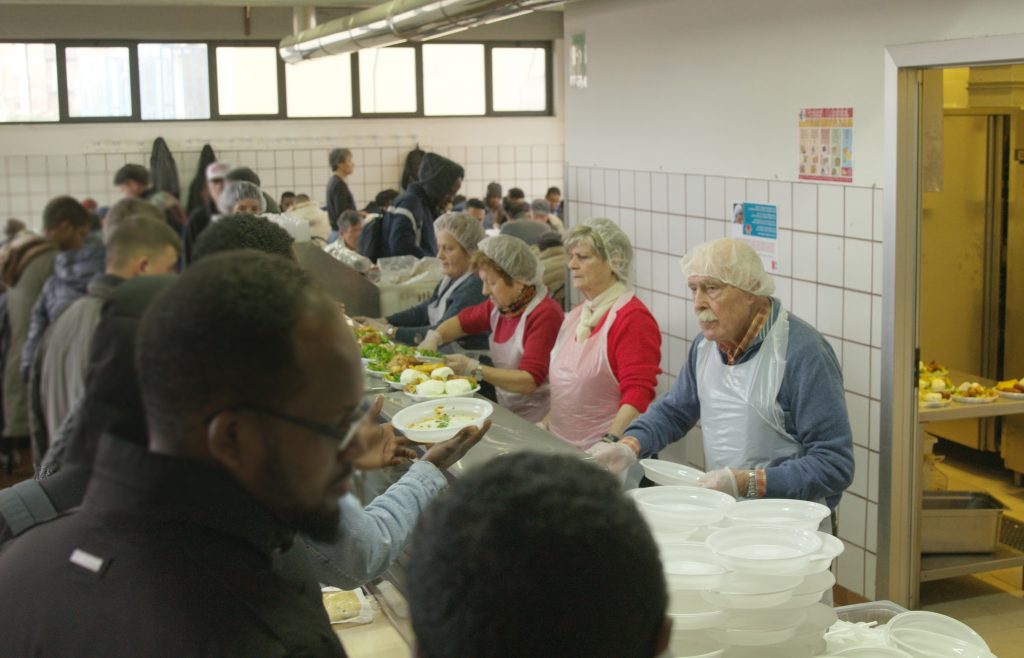
With the street assistance project, Caritas’ volunteers drive around the city looking for people who are sleeping outdoors to provide them with some immediate relief: some hot tea, something to eat and accommodation for the night. Poverty often goes hand in hand with drug addiction, alcohol abuse and mental health issues, which makes the work of the street education team especially complicated.
While Caritas provides as much help as it can, the homeless issue in Florence is bound to intensify in the coming months. All of us can make a difference by making a donation or lending a hand.



